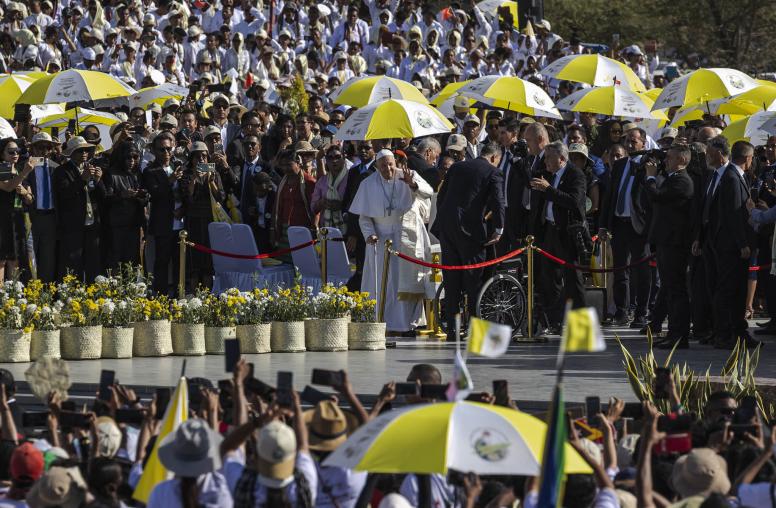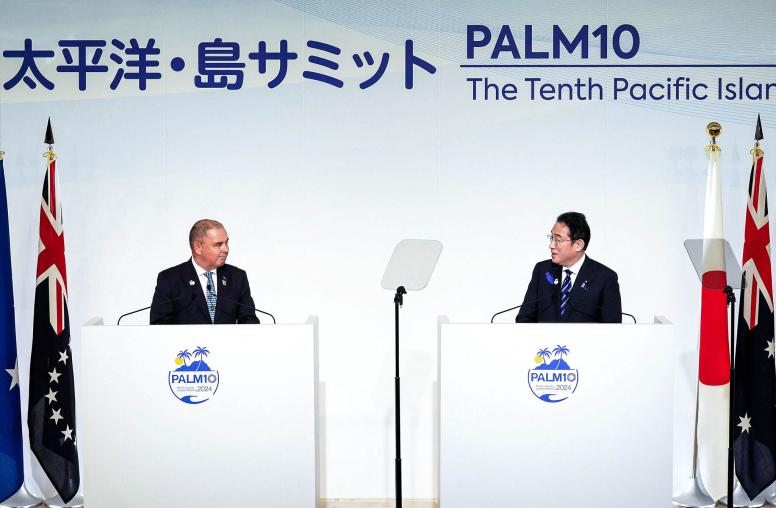In addressing violence in Papua New Guinea, most programs seek to work with survivors. However, to prevent the recurrence of violence — especially gender-based violence — it’s important to address the harmful attitudes that drive it. USIP’s Ruth Kissam and Zuabe Tinning discuss how a USIP program seeks to reorient men’s perspectives in Papua New Guinea toward championing equal participation for women in decision-making processes and repairing the damage caused by harmful and violent behaviors in their communities.



